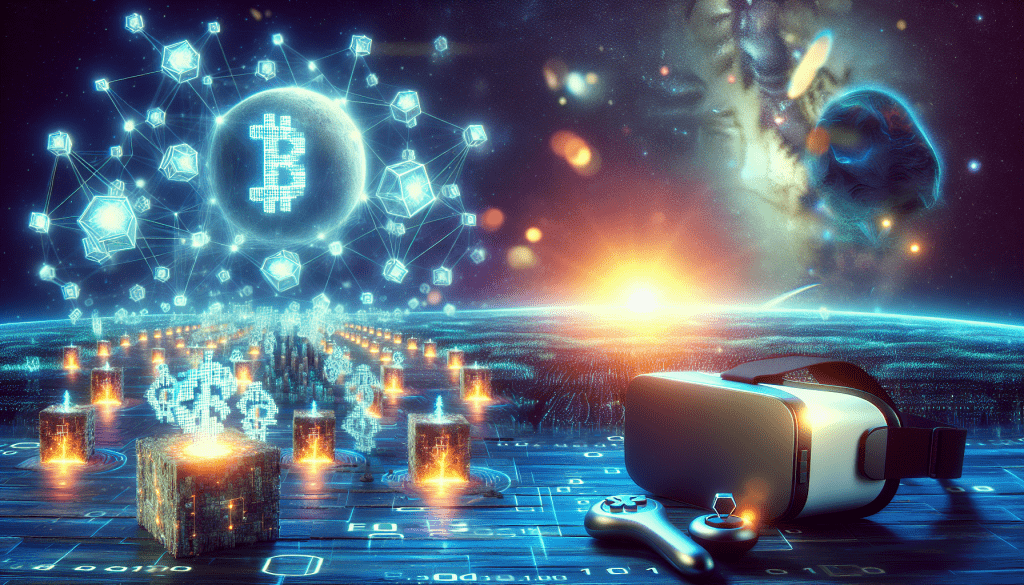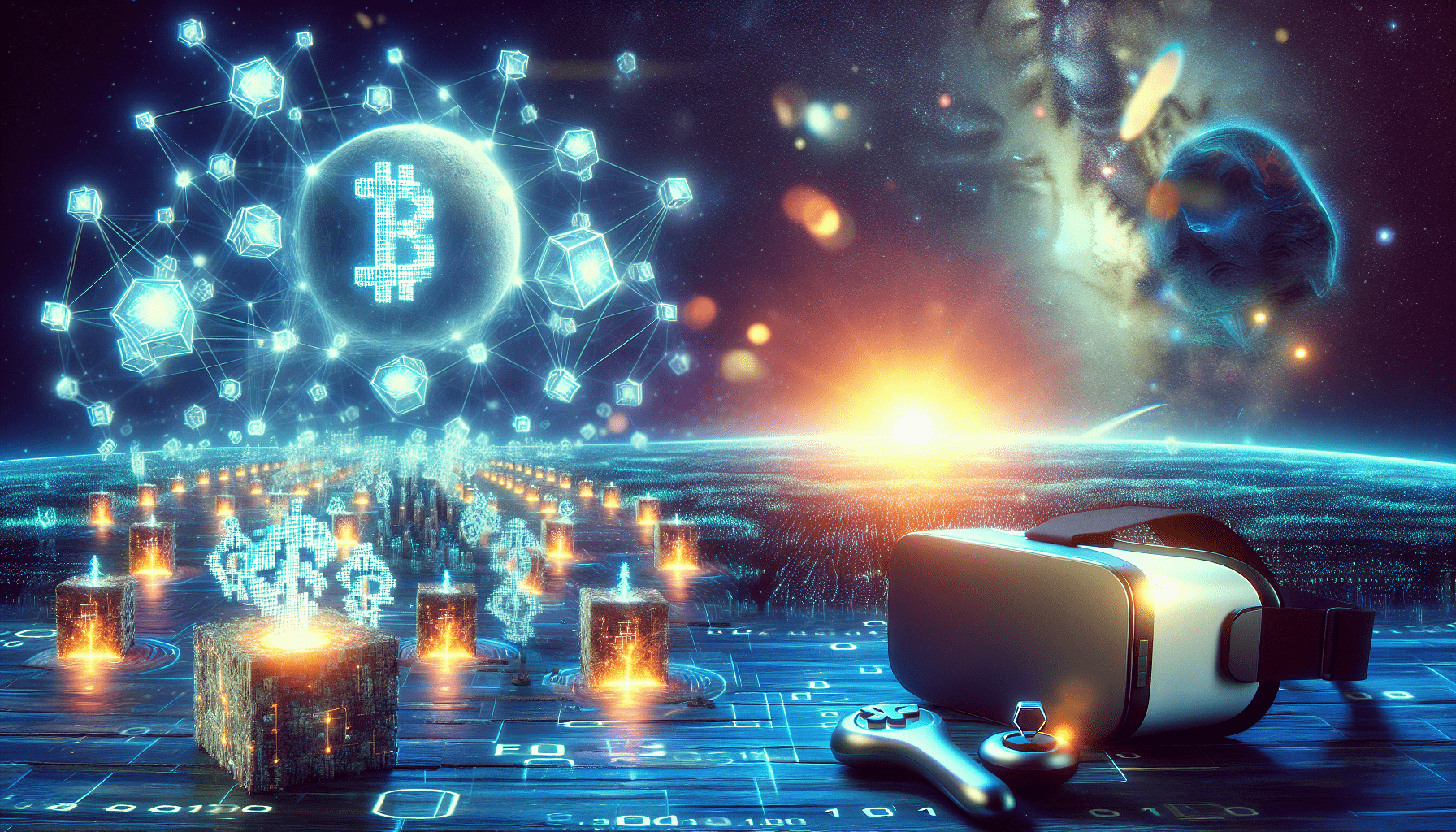/ Jan 22, 2026
Trending


As the cryptocurrency market continues to evolve, one particularly intriguing trend is the intersection of blockchain technology and gaming. This sector is rapidly gaining traction, raising the possibility of significant shifts in both industries. Below, I offer an analysis of this burgeoning trend, based on recent developments and insights from top industry sources.
The application of blockchain technology in gaming offers unprecedented opportunities for innovation. Blockchain games utilize decentralized networks to enhance player experiences, providing transparency, security, and ownership to users.
Platforms like Axie Infinity and The Sandbox have already carved niches by offering games where users can own, trade, and earn assets on the blockchain. This is accomplished through the use of non-fungible tokens (NFTs), which represent unique in-game items and characters.
Non-fungible tokens are at the forefront of blockchain gaming’s success. They provide players with true digital ownership of virtual assets. This means that items earned or acquired in-game hold real-world value, converting gaming from a simple pastime into a potentially lucrative endeavor.
The success of games incorporating NFTs has led to the creation of a vibrant economy where digital real estate, character enhancements, and other virtual goods are traded. Rarible and OpenSea are among the prominent marketplaces facilitating these transactions.
The synthesis of finance and gaming, frequently referred to as ‘GameFi,’ brings an economic dimension to gaming previously unseen. By integrating finance mechanisms native to blockchain, such as staking and liquidity mining, gamers can not only enjoy playing but also earn returns on their investment in the game’s ecosystem.
GameFi projects generally rely on decentralized finance (DeFi) principles, allowing users to put their virtual assets to work. Titles like DeFi Kingdoms and My Neighbor Alice exemplify how GameFi can enrich the user experience while attracting traditional investors to the gaming space.
The technological infrastructure supporting blockchain gaming is expanding rapidly. Polygon, Immutable X, and Solana represent three of the most advanced protocols facilitating scalable, efficient gaming solutions.
These platforms offer low transaction costs and high throughput, essential attributes for gaming applications that require seamless user experiences. Moreover, they enable cross-platform interoperability, ensuring that assets can move freely within the metaverse.
Despite its promise, blockchain gaming faces several hurdles. Scalability remains a critical issue as the user base expands, and older networks, like Ethereum, grapple with congestion and high fees.
Additionally, regulatory uncertainties loom on the horizon. As cryptocurrency regulations continue to evolve globally, how regulators view blockchain-based gaming, particularly with real-money implications, will significantly impact the industry.
As with any emerging technology, blockchain gaming presents socio-ethical questions. The shift towards play-to-earn mechanics raises concerns about digital addiction, economic exploitation, and the potential marginalization of players unable to afford initial investments in NFT assets.
Developers are increasingly aware of these challenges and are working to create balanced ecosystems that reward skill and participation while minimizing risks of predatory economic models.
As we look towards the horizon, blockchain gaming promises to challenge existing paradigms. By offering economic incentives and reducing barriers to entry, it has the potential to democratize the gaming industry, enabling players from all backgrounds to participate in the digital economy.
The continuous improvement of blockchain technology will undoubtedly lead to more impressive and complex gaming solutions. With ongoing advancements, particularly in scalability and interoperability, blockchain gaming is poised to have a transformative impact on both cryptocurrency and traditional gaming industries.
The convergence of gaming and blockchain technology signifies a new era of digital interaction, combining entertainment, finance, and community in unprecedented ways. Although challenges remain, the rapid pace of innovation suggests a promising future, one that industry stakeholders and regulators must navigate thoughtfully to maximize the positive impact across the globe.
As blockchain gaming continues its rapid development, it will be imperative to monitor the landscape closely. With the right blend of creativity, technology, and responsible regulation, this sector could redefine our understanding of gaming and digital economies.
Stay ahead with Blockchainooz! Get daily updates on industry insights, market trends, and innovative blockchain technology—all in one place. Perfect for enthusiasts and investors looking to make informed decisions in the ever-evolving world of blockchain and crypto.